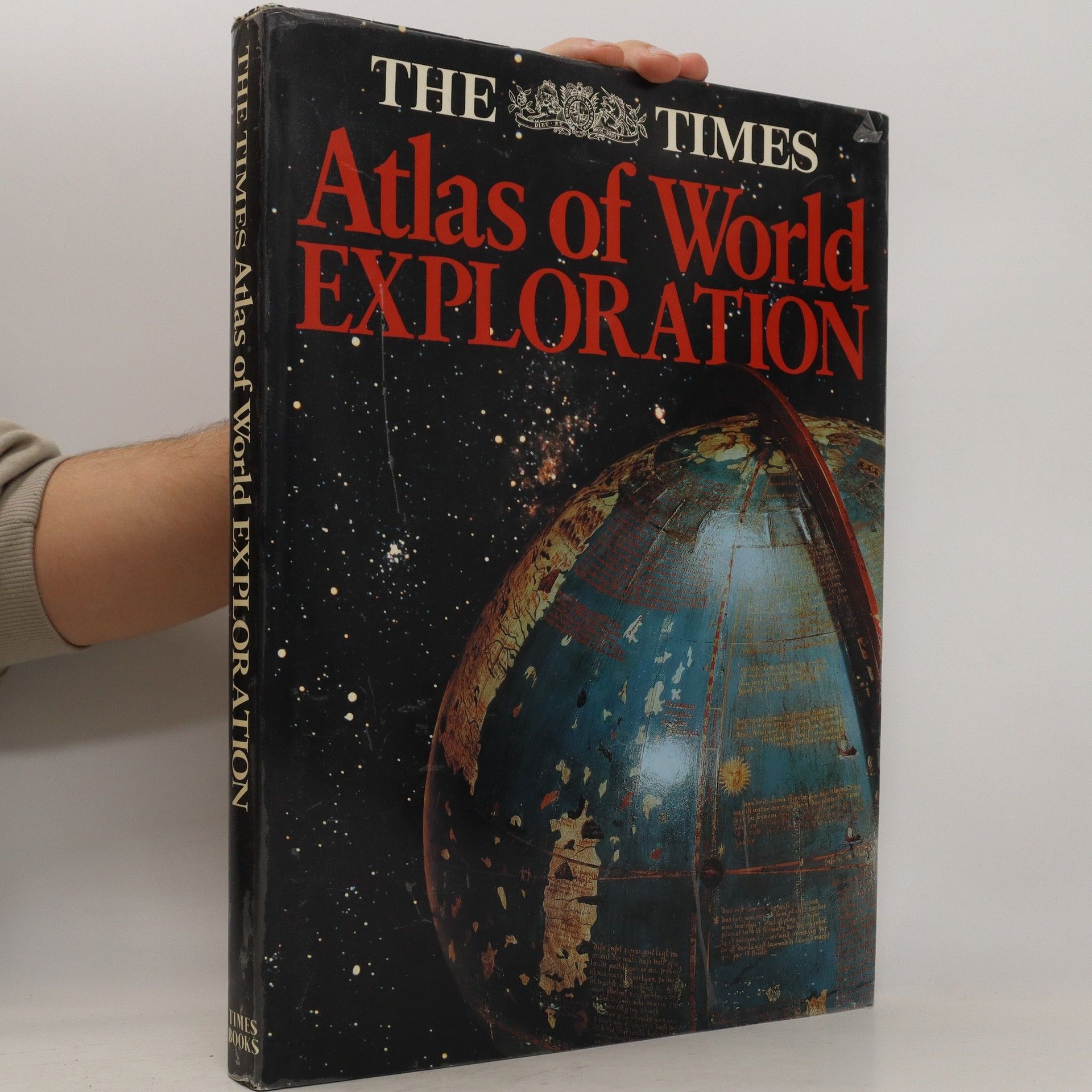Millennium
- 908 Seiten
- 32 Lesestunden
Felipe Fernández-Armesto ist ein renommierter Historiker, dessen umfangreiches Werk vielfältige Themen abdeckt, von der amerikanischen Geschichte bis zur spanischen Armada. Seine Forschung zeichnet sich durch eine tiefgreifende Auseinandersetzung mit globalen Perspektiven und der Vernetzung verschiedener Kulturen und Zivilisationen aus. In seinen Schriften erforscht er die komplexe Beziehung zwischen Menschheit und Umwelt und bietet eine einzigartige Perspektive auf die Entwicklung der Weltgeschichte. Seine unermüdliche Forschung und sein Beitrag zum historischen Diskurs machen ihn zu einer bedeutenden Persönlichkeit auf diesem Gebiet.






Libro usado en buenas condiciones, por su antiguedad podria contener señales normales de uso
Wereldatlas van de ontdekkingsreizen vanaf de 15e tot en met de 20e eeuw.
We need a history of truth - though until now no-one has tried to write one. We need it to test the claim that truth is just a name for opinions which suit the demands of society of the convenience of elites. We need to be able to tell whether truth is changeful or eternal, embedded in time or outside it, universal or varying from place to place.We need to know how we got to where we are in the history of truth - how our society has come to lose faith in teh reality of it and lost interest in the search of it. We need a history of truth to illuminate the unique predicament of our times and to help us escape from it. Felipe Fernandez-Armesto argues and shows how - at different times and societies, people have tried to tell the differences. And he exposes the concepts of truth which have underpinned those techniques.
In 1507 the cartographer Martin Waldseemuller published a world map with a new continent on it which he called America', after the explorer and navigator Amerigo Vespucci. The map was a phenomenal success and when Mercator's 1538 world map extended the name to the northern hemisphere of the continent, the new name was secure, even though Waldseemuller himself soon realised he had picked the wrong man. This is the story of how one side of the world came to be named not after its discoverer Christopher Columbus, but after his friend and rival Amerigo Vespucci. Born in Florence in 1454 Vespucci had spent his youth as a dealer or agent for the great Medici family. Then in 1491 he followed his fellow-Italian Columbus to Seville. In Seville he continued as a Florentine agent but also helped Columbus get his ships ready for his second and third voyages. Although Amerigo himself later sailed on at least two voyages of his own and explored the coast of present-day Brazil, he excelled above all at self-invention and self-promotion. He saw himself as an explorer and navigator of genius, and his colourful travel writings sold much better than those of Columbus. He became Pilot Major of Spain in 1508 and died in 1512. Fernanzez-Armesto knows this period exceptionally well and he brings wonderfully to life the world of navigators, shipwrights, explorers, cartographers, agents, financiers and fixers
The book offers a groundbreaking perspective on world exploration, examining the journeys of pathfinders over the last five millennia. It highlights how these explorers established connections between distant corners of the globe, presenting a comprehensive history that integrates diverse cultures and regions. Fernández-Armesto's work is acclaimed for its ambitious scope and ability to contextualize exploration within a global framework, setting a new benchmark in historical scholarship.
Beyond the Myth of Magellan
In this biography, celebrated historian Felipe Fernández-Armesto meticulously scrutinizes surviving sources to reveal the true life of Ferdinand Magellan. The narrative he uncovers is stranger, darker, and more compelling than the celebrated fictional accounts. Contrary to popular belief, Magellan did not successfully complete a journey around the globe; during his lifetime, he was seen as a traitor, tyrant, and a failure. The book untangles the myths that transformed him into a hero, exposing the reality of his character and the passions that drove him toward adventure and disaster. It explores the evolution of his traits: pride turned to arrogance, daring to recklessness, determination to ruthlessness, romanticism to irresponsibility, and superficial piety to irrational exaltation in adversity. As the true Magellan emerges, so do his genuine ambitions, which were less about circumnavigating the world or dominating the spice market and more focused on exploiting Filipino gold. This work serves as a study in failure and highlights the paradox of Magellan's career, illustrating that renown does not always equate to merit but is often shaped by circumstance.